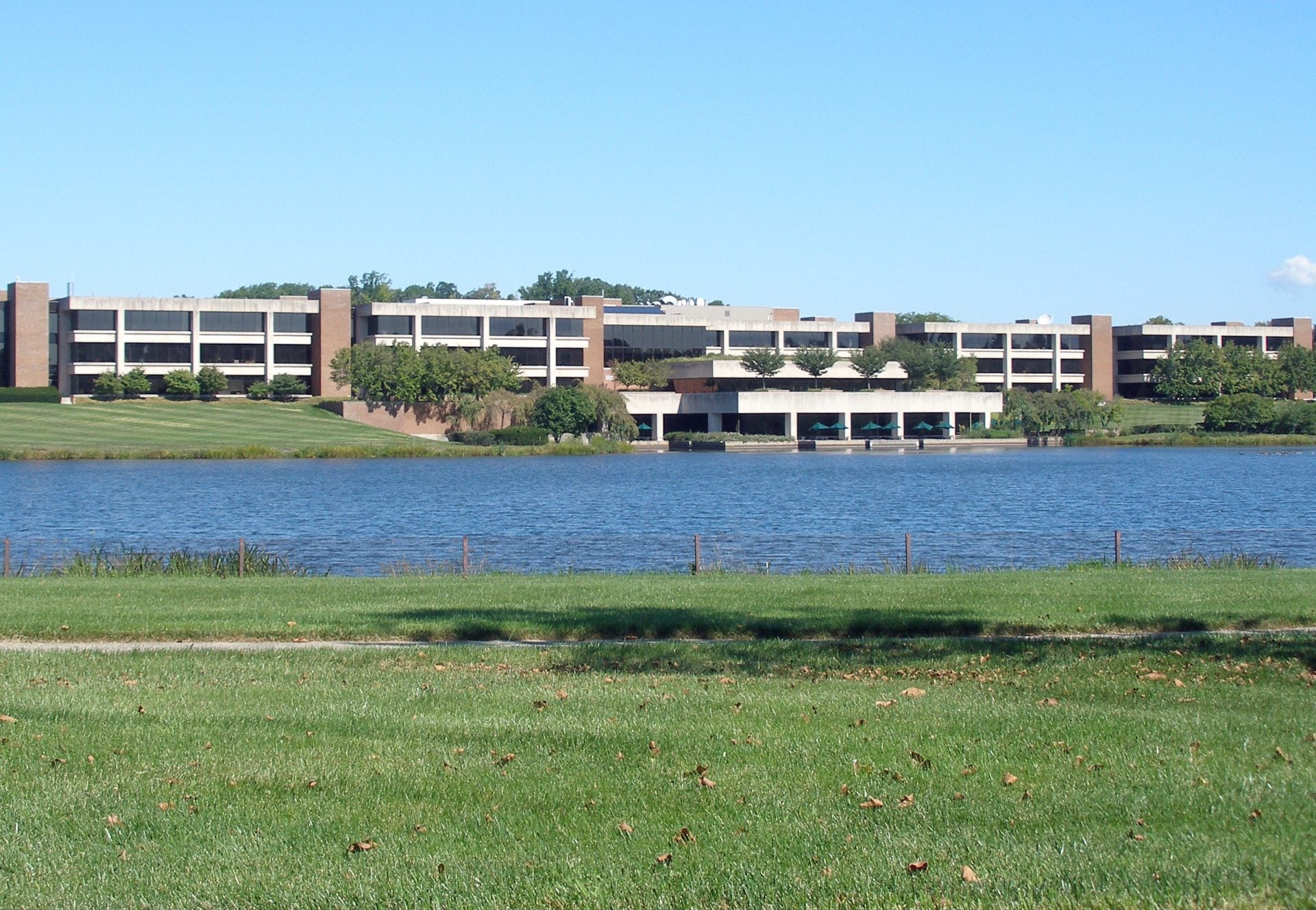
Bristol Myers Squibb (BMS) has reported interim assessment data from Phase III TRANSFORM clinical trial of its therapy, Breyanzi (lisocabtagene maraleucel; liso-cel), which boosted outcomes in adult patients with relapsed or refractory large B-cell lymphoma (LBCL).
Breyanzi is a CD19-directed chimeric antigen receptor (CAR) T cell therapy.

Discover B2B Marketing That Performs
Combine business intelligence and editorial excellence to reach engaged professionals across 36 leading media platforms.
The international, multicentre, randomised trial analysed Breyanzi as a second-line therapy in LBCL patients versus standard of care treatment comprising salvage chemotherapy with subsequent high-dose chemotherapy and autologous hematopoietic stem cell transplant.
Event-free survival (EFS) is described as the period from randomisation to death, progressive disease, failure to meet complete response or partial response, or commencement of novel antineoplastic treatment due to efficacy issues, whichever happens first is the primary goal of the trial.
Complete response rate is the crucial secondary goal while progression-free survival (PFS), overall survival, overall response rate and duration of response are the other efficacy goals.
Findings showed that Breyanzi substantially enhanced EFS versus standard of care, meeting the primary goal at a median follow up of 6.2 months.

US Tariffs are shifting - will you react or anticipate?
Don’t let policy changes catch you off guard. Stay proactive with real-time data and expert analysis.
By GlobalDataIn the Breyanzi arm, median EFS was 10.1 months compared to 2.3 months in the standard of care arm, signifying a 65% decline in EFS events risk with Breyanzi treatment.
Furthermore, 86% of the subjects who received treatment with Breyanzi attained a complete or partial response while 66% of them attained a complete response.
The therapy offered a median PFS of 14.8 months as against 5.7 months in the standard of care arm.
A trend supporting the use of Breyanzi on overall survival versus the standard of care was observed in the trial.
Breyanzi demonstrated to have a manageable safety profile with reduced rates of severe cytokine release syndrome and neurologic events.
No novel safety signals were detected in the second-line setting in the trial.
Bristol Myers Squibb Cell Therapy Development senior vice-president Anne Kerber said: “Breyanzi, a differentiated CD-19 directed CAR T cell therapy, has the potential to transform the treatment paradigm for relapsed or refractory LBCL across lines of therapy, with a proven significant clinical benefit and a consistent safety profile in the TRANSFORM and TRANSCEND NHL 001 trials presented at this year’s ASH Annual Meeting.
“We designed a patient-centric clinical trial programme for Breyanzi with the strategic intent to improve outcomes for patients with some of the most aggressive blood cancers, aligned with our commitment to advancing a leading cell therapy portfolio for patients in need.”
This June, BMS reported that the Phase III TRANSFORM trial of Breyanzi met the primary goal in relapsed or refractory LBCL patients.
Cell & Gene Therapy Coverage on Clinical Trials Arena supported by Cytiva.
Editorial content is independently produced and follows the highest standards of journalistic integrity. Topic sponsors are not involved in the creation of editorial content.


